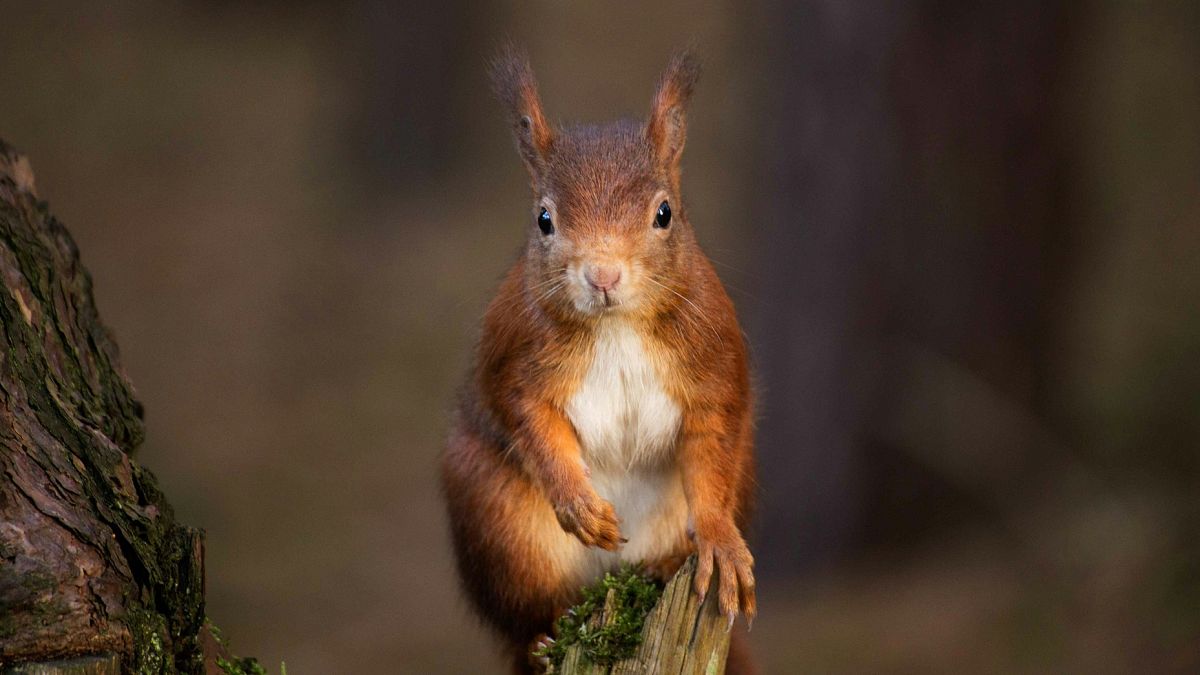Published on
Europe’s red squirrels may be small, but they’re mighty.
A new study from Bournemouth University (BU) and the Wight Squirrel Project has found that this native species is surprisingly resilient in the face of climate change.
The research, led by BU conservation biologist Alyson Buchanan, used climate models to test how red squirrels across Europe would fare under different warming scenarios. The team looked at factors that might affect food supply and habitat, including shifts in rainfall and temperature. They got some good news.
“We can see that red squirrel populations are not directly affected by current climate patterns in the models,” Buchanan said in a statement. Instead, other threats such as habitat loss, competition from the invasive grey squirrel, and disease matter more.
That’s particularly relevant in the UK, where grey squirrels introduced from the US have almost completely displaced their red-furred relatives in most areas. The Isle of Wight remains one of its few strongholds thanks to its isolation, which keeps grey squirrels out.
Animals adapt to climate change in unique ways
Red squirrels aren’t the only species showing a knack for resilience. Clownfish, made famous by Pixar’s Finding Nemo, have surprised scientists with an unusual survival tactic.
A study published earlier this year found that clownfish can shrink their bodies during marine heat waves, lowering their energy needs and boosting their chances of survival when food and oxygen are scarce.
It’s the same tactic that marine iguanas use during El Niño events, which bring warm waters into their native habitat in the Galapagos Islands.
On land, some animals are being reintroduced to help ecosystems fight back against climate change. In the Scottish Highlands, conservationists plan to release up to 15 tauros, a modern breed of large wild cattle, by 2026. The hefty grazers are expected to churn up soil, restore biodiversity, capture carbon and drive eco-tourism in the region.
Conservation efforts remain essential
Climate change remains the biggest challenge for ecosystems worldwide, but studies like BU’s are a reminder that not all species are equally vulnerable. Still, scientists stress that resilience isn’t a free pass.
As Buchanan put it, safeguarding habitats and tackling invasive species remain critical.
“Other factors such as habitat, food availability, disease and competing species appear to matter more and underline the need to maintain positive conservation efforts for this well-loved species,” she explained.

